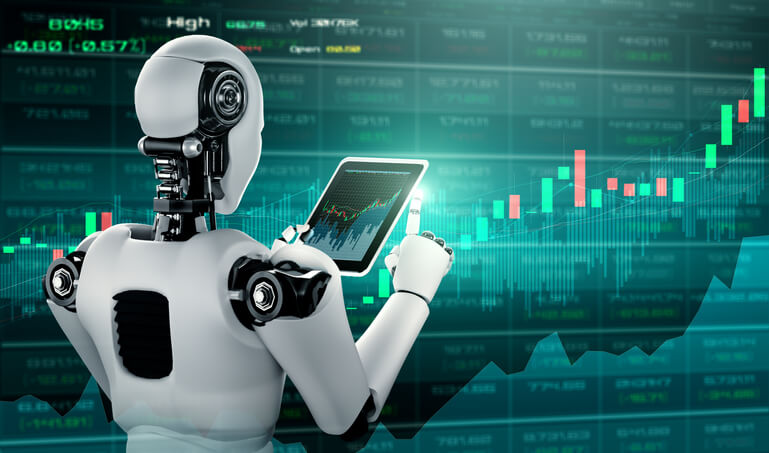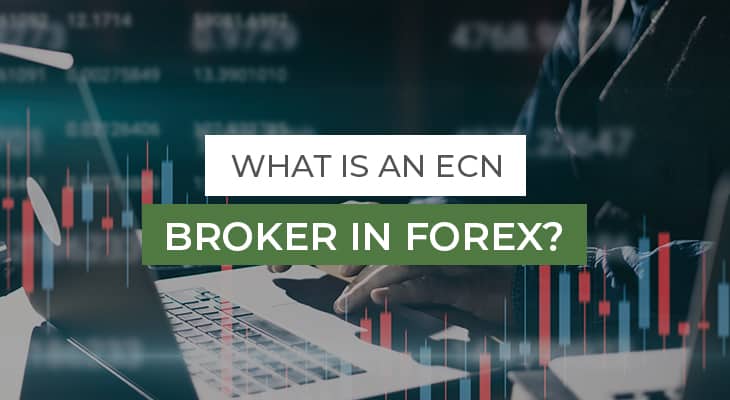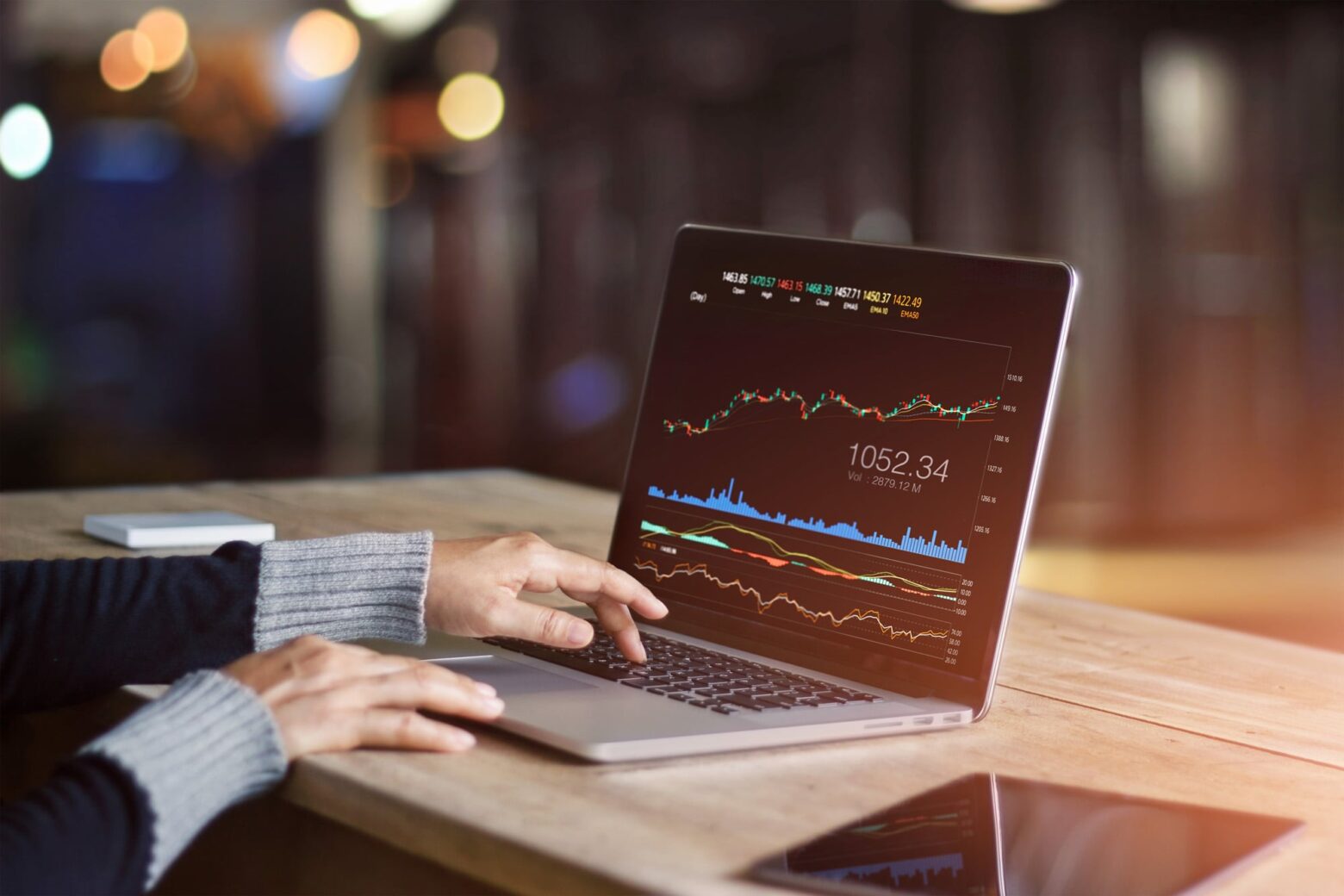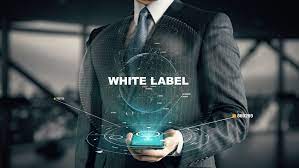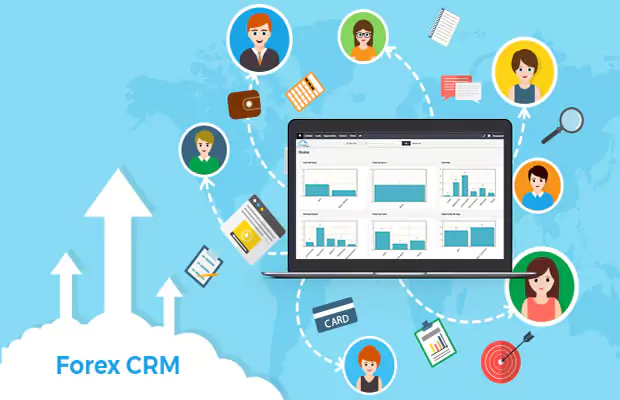Content
Multinational retailer Walmart has announced a collaboration with IBM and Tsinghua University aimed at using blockchain technology to enhance the methods by which food is tracked, sold and transported to consumers throughout China. If successful, the technology could be applied elsewhere in the global food supply chain.

With each entity in the supply chain having only ‘one step back’ oversight, following the trail to its origin took time. Matters were further complicated by the fact “the majority of the records collected in this investigation were either paper or handwritten,” according to then-Food and Drug Administration commissioner Scott Gottlieb. “This is a fundamental reason why IBM believes so strongly in the impact this technology will have on business models.
All food ecosystem participants can join Food Trust, via tiered modules available to buy in Marketplace. You can connect to your partners and define what information is shared when you define your transactions. Food Trust provides users and stakeholders with real-time, instant access to business-critical information from which everyone benefits. Data is owned by the registered company or organization that owns the data prior to it being uploaded to Food Trust. Users can set permissions that govern what data can be seen and by whom – determined solely by the owner of the data.
Being able to trace the origin of food could not only allow companies to act quicker when a contaminated food source is identified but could ultimately help save lives. Relevant information from all stages in the supply chain is recorded in a blockchain-based system. Whilst brands like Amazon, Maersk and Microsoft are able to invest significant amounts in developing blockchain, there are a host of smaller tech companies that are dedicated to harnessing blockchain to its full potential. In many cases, it’s these smaller start-ups that are catching the eye of the larger companies who go on to adopt their technology.
Product Details
“The blockchain builds an environment where collaboration becomes easier without letting go of control of the data,” says Richard Stockley, blockchain business development executive at IBM. As the supply chain has become more convoluted and harder to trace, the risks associated with its malfunction or abuse have increased. The impacts from scares about safety or questions about provenance – such as food fraud – are immediate. During the Gerber baby food test, Nestlé worked alongside farmers and processors of apples, sweet potatoes and pumpkins. The tests showed just how simple tracking multiple ingredients across international borders can be. A challenge faced by Nestlé was to build interfaces that connect its software systems related to managing its fruits, vegetables and other ingredients to the new technology.
It will be a closed environment where participants need to be invited onto the service and where no one can be anonymous. The mangoes had also been tracked by blockchain as part of a pilot scheme, and by looking on the blockchain the point of origin took just 2.2 seconds to find. While many businesses view a fully digital supply chain as a pipe dream, they can start their journey through small and non-intimidating pilots. However, transformation is never straightforward – particularly so in the context of increasingly complex supply chains with multiple manufacturers, processors and distributors along the way. It requires a collective engagement and industry-level initiatives to drive adoption and deliver benefits to the supply chain participants and end consumers. The digital transformation is already driving results with a visible reduction in transaction costs, however the integration of data remains an issue.
Bitcoin Is Still A Trillion
Despite this, it has only ever been a matter of time until it landed in the logistics mainstream. As a technology, it offers a unique ability to securely and permanently record transactions between parties, meaning that if the industry can clean up its data, a fundamentally new and more streamlined way of working exists. Walmart has also asked its suppliers to start implementing blockchain technology; this has provided great exposure to the blockchain industry. This initiative came shortly after Walmart sent a letter to its suppliers detailing the multi-state outbreak that had taken resulted in 210 confirmed cases of E.coli with 96 people being hospitalized and 5 people passing away.
Through the technical support of PwC and VeChain, Walmart China has built the proprietary food safety traceability platform on the VeChainThor Blockchain. Participants in the supply chain will share their portion of data, and promote the visibility and management efficiency of the whole chain by utilizing the blockchain technology. Blockchain technology enables Walmart, its suppliers and producers to accurately and securely share and record information with each other through a digital ledger. Due to the difficult nature of changing or reversing the information which is recorded, it enables a high level of trust between trading partners. The database can record significantly more data than that which can be recorded by existing databases. Provenance, a UK-based fintech firm, announced a pilot project last year at the UN’s One Planet Summit to support more than 10,000 Malawian tea farmers. The project will ensure producers secure proper trading conditions and are properly compensated for their work.
Food Trust’s blockchain solution, on the other hand, is permissioned so invited members know exactly with whom they are transacting, similar to what happens between business partners today. Participants also determine what data is seen by whom, thereby providing information on a need-to-know basis. Smart contracts also run on our blockchain, allowing business logic to help solve disputes, automatically execute contracts, and build trust. Raw Seafoods is using Food Trust to trace their catch from harvest to end-user — helping to build trust with consumers and across the entire food supply chain. The result is a customizable suite of solutions that can increase food safety and freshness, unlock supply chain efficiencies, minimize waste, enhance your brand’s reputation, and contribute directly to your bottom line. Walmart can now trace the origin of over 25 products from 5 different suppliers using the Hyperledger Fabric-based system.
Historically, these are sectors that have struggled with integrating their networks and capturing clean data, both of which are essential when adopting a more tech-driven approach to business. Walmart is one of the key players transforming the modern retail supply chain industry while paving a road for other retail giants to come through. Other big names include Nestlé and Carrefour implementing IBM’s food traceability to track the authenticity of a range of baby milk products. Besides this, Walmart China, in partnership with the CCFA (China Chain-Store & Franchise Association), PwC, Inner Mongolia Kerchin Co.
Cheap Food Culture Creates Fertile Ground For Modern Slavery In Supply Chains
Walmart has previously filed other blockchain/drone patents dating back to 2017. Enterprise offerings from IBM, SAP, Microsoft and Oracle are known as permissioned or private distributed ledgers – shared only between supply chain participants. That makes them more palatable for business, but counter to the open ideals of blockchain. An analysis of live pilots applying distributed ledger technology to the supply chain by UCL Centre for Blockchain Technologies earlier this year counted 105, nearly half of which were in the grocery sector.
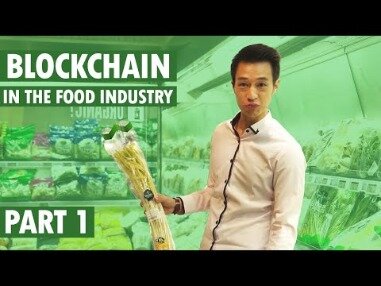
One of the most significant areas in which blockchain can create transformational change is the physical product supply chain. By putting assets first, blockchain can enable an efficient flow of data and funds from each stakeholder at each step of the chain. This can deliver fundamentally new ways of working and brings a visibility and control on each supply chain which is simply not achievable in centralised configurations where data has to pass from one environment to the next. ShipChain is a start-up that set out to design a comprehensive blockchain-based tracking system. The system tracks products from the moment they leave a factory’s door to when they are delivered to the customer’s door. Blockchain, or distributed ledger technology, has been around for a while now, but as with many emerging technologies it’s taking time and exploration to understand how it can best be utilised.
Uk Advertising Body Takes Down Bitcoin Ad
According to an official report submitted to the United States’ Food and Drug Administration , a blockchain-based project piloted by a partnership between IBM, KPMG, Merck and Walmart have concluded successfully. This pilot commenced back in March 2019 and was for an interoperable enterprise solution which helps track and trace pharmaceutical products between trading partners. “For a major retailer, this could mean a problem in one range affecting thousands of products all under the same brand,” says Andrew Opie, director of food and sustainability at the British Retail Consortium. Once the hardware is in place, blockchain technology will have the potential to become the new engine of growth in a digital economy where the internet is increasingly used to better conduct trade and improve consumer experience. Across the retail and consumer sectors, blockchain could become a standard tool for solving strategic challenges. But it might also facilitate innovation and offer solutions to problems we didn’t even know existed. Ultimately, blockchain could provide the foundations for a new way of interacting with different components of the supply chain.
- In many cases, it’s these smaller start-ups that are catching the eye of the larger companies who go on to adopt their technology.
- IBM Food Trust helps Farmer Connect increase trust with a verifiable record of coffee’s journey to your cup, tracing the beans from the moment they’re picked.
- Those already involved with blockchain initiatives figure it a big part of their future.
Fascinated by the technology and its usecases she decided to pursue a career in content creation related to this space. On the innovative side, Walmart had filed a patent for a new drone-based delivery system.
“It puts the spotlights on brands, both for being innovative in how we engage with our consumers, but also for stepping up our transparency efforts and leading the way for our consumers,” Dubois adds. Nestlé in April put its French brand Mousline instant mashed potato on blockchain. Such transactions can be automated, for example a payment issued when a batch has been scanned at a depot. An outbreak of E.coli in the US last year made hundreds of people across 36 states seriously ill.
Walmart has tapped blockchain technology to track its Indian-sourced shrimp to select Sam’s Club stores in the US. The first batch of 23 product lines have been tested and implemented using the public blockchain platform with more than 100 product lines following in the second half of this year, covering more than 10 categories.
Food safety, on the other hand, was “full of people, messy processes, waste and products going off”, he said. Together with Walmart, IBM ran two proof of concept projects to test the system. One focused on tracing back mangos sold in Walmart’s US stores, and the other looked at the sources of pork sold in China.
Enterprises get overwhelmed by vast amounts of information coming from suppliers and customers in varying locations, from pricing to labor agreements to tax documents and more. There are simply not enough hours or people to complete carry out the processes quickly and error-free.
Blockchain provides the foundation for a new generation of transactions that establishes trust and transparency, while streamlining business processes. Learn how producers, suppliers, manufacturers, and retailers are creating a smarter, safer, more sustainable food system for us all. An in-depth discussion of what Food Trust is, how it uses blockchain, its module-based flexibility, governance, network and data security, onboarding and support, and how to build your team.
So in the wake of the outbreak, Walmart – one of the worst-hit retailers – took decisive action. Declaring the “one step up and one step back model” of food traceability as “outdated” last September, the retailer ordered all of its suppliers of fresh, leafy greens to introduce blockchain technology. “There is no question that there is a strong public health and business case for enhanced food traceability,” the company wrote in a letter to all its suppliers. Blockchain provides clear and accessible traceability of products through the entire supply chain, including a full record of the checks and inspections that food has faced in its journey. Besides giving retailers more confidence in the products they are selling, it also minimises the fallout from a food safety issue, allowing quicker and more localised recalls, thereby reducing waste. The collaboration of Walmart, IBM and Tsinghua University takes advantage of the distinctive strengths of each member of the team.



